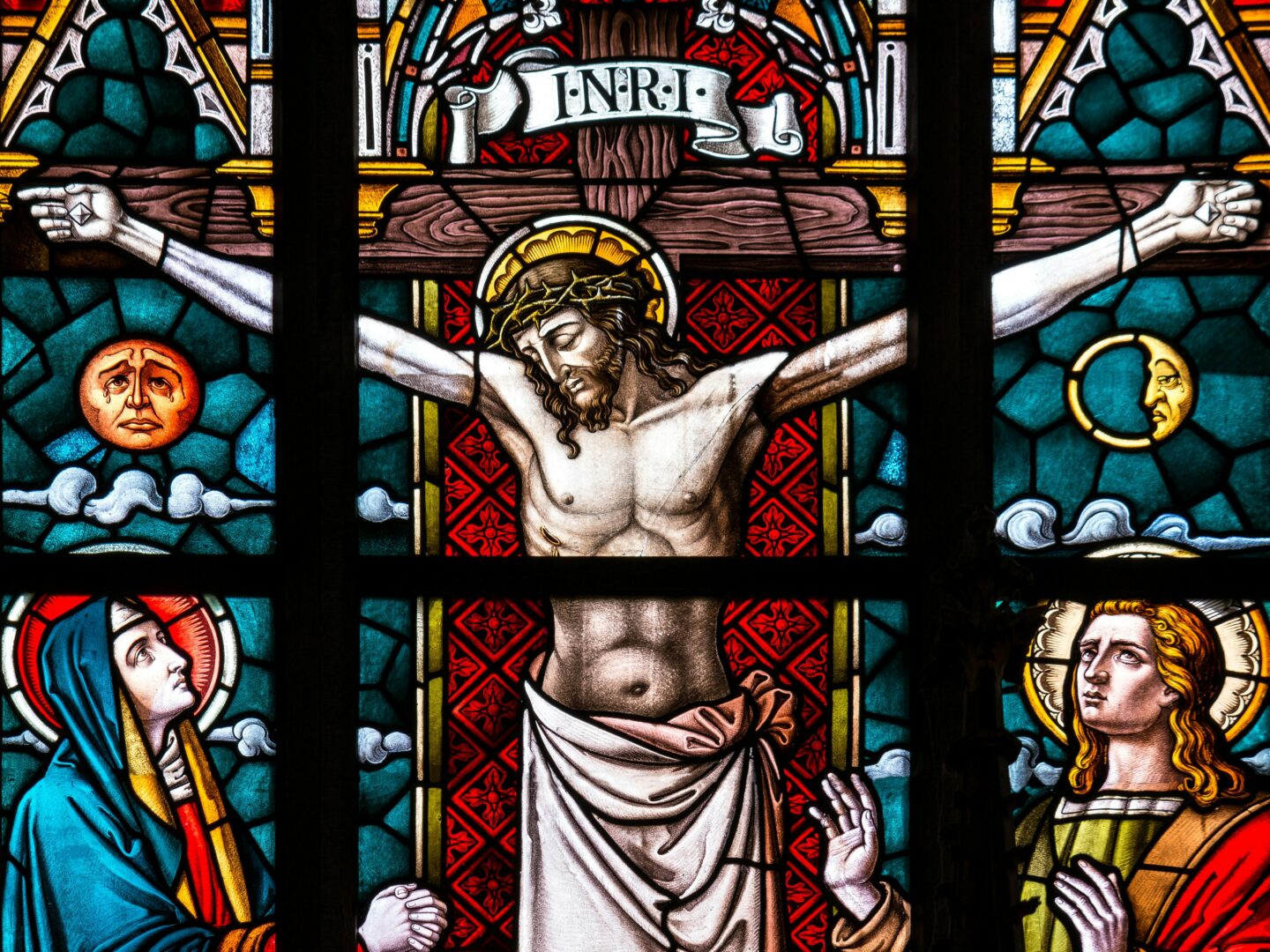Never mind what the tabloids say. Celebrities are not “just like us.” We don’t have our first date over sushi on a private jet, as Tom Cruise and Katie Holmes are rumored to have done, and we don’t appear together publicly for the first time, as they did, in Rome. We don’t have the opportunity to rave about our new romance on the “Oprah Winfrey Show,” and Jennifer Lopez doesn’t come to our wedding.
And when things fall apart, we don’t fire our bodyguards and hire new ones.
In one way, however, Cruise and Holmes are exactly like us. Like a growing number of American couples — almost half — they come from different religious backgrounds. He is a zealous Scientologist. She was raised Roman Catholic in Toledo.
When things fall apart, these differences are amplified. “In divorce,” says Sanford Ain, a Washington divorce lawyer at Ain & Bank, “people who have very strongly held beliefs are moved to the extreme. The polarization is so great as to cause wars.”
It’s not clear whether Holmes will return to her childhood faith. Last week, rumors circulated that she had joined Church of St. Francis Xavier, near New York’s Greenwich Village. But the church’s pastor, the Rev. Joe Costantino, said that although the actress would be welcomed, she is not yet a member.
Religious belief in America is becoming increasingly individualistic. As people stray from religious institutions and follow a plurality of spiritual paths, their tolerance for interfaith marriage increases. (According to “American Grace,” a 2010 book by Robert Putnam and David Campbell, only about a third of people born in the 1960s believe that shared religious beliefs are “very important” for a successful marriage, and that percentage is shrinking.)
Perhaps, like so many couples, Cruise and Holmes believed that with mutual goodwill and respect (and possibly even love), they could work through their religious differences. Or maybe they convinced themselves that their differences weren’t so great after all. “I really like it,” Holmes said optimistically of Scientology in an interview with W magazine in 2005 and added that she was learning about Scientology. “I feel it’s really helping. What I like about it is that, you know, I was raised Catholic, and you can be a Catholic and a Scientologist, Jewish and a Scientologist.”
But as with most interfaith couples, there’s one person who exerts more influence in the area of religion, and from the beginning, that person was Cruise. In 2006, Cruise told ABC’s Diane Sawyer that the baby he was about to have with Holmes would not have a Catholic baptism. “I mean you can be Catholic and be a Scientologist. You can be Jewish and be a Scientologist. But we’re just Scientologists,” he said. And although Holmes’s devout parents apparently hoped for a Catholic wedding (and were rumored to be considering a wedding boycott), Cruise again prevailed. The sunset ceremony was reportedly performed by a Scientology minister.
The sensationalistic tabloid coverage of the TomKat split suggests that Holmes hopes to rescue Suri from the influence of Scientology by divorcing her dad. But divorce enables unilateral religious enthusiasms, it doesn’t quash them. So unless the settlement stipulates otherwise, Ain says, Cruise can take his daughter to whatever religious service he wishes on the days that he’s in charge, and Holmes can do the same. Thus the stage could be set for a perpetual clash of beliefs with the child in the middle. In some cases, a divorced parent will take a child to be baptized — one father even tried to have his son circumcised — without the other parent’s consent. (Two recent cases went to court where a judge ruled in favor of the parent who objected.)
Interfaith marriage can be harder than couples imagine as they walk down the aisle, but interfaith divorce is even harder. Holmes may now be at liberty to reconnect with her childhood religion, but she can never undo the fact that her daughter’s father is the world’s most-famous Scientologist — or that she knew it going in.
